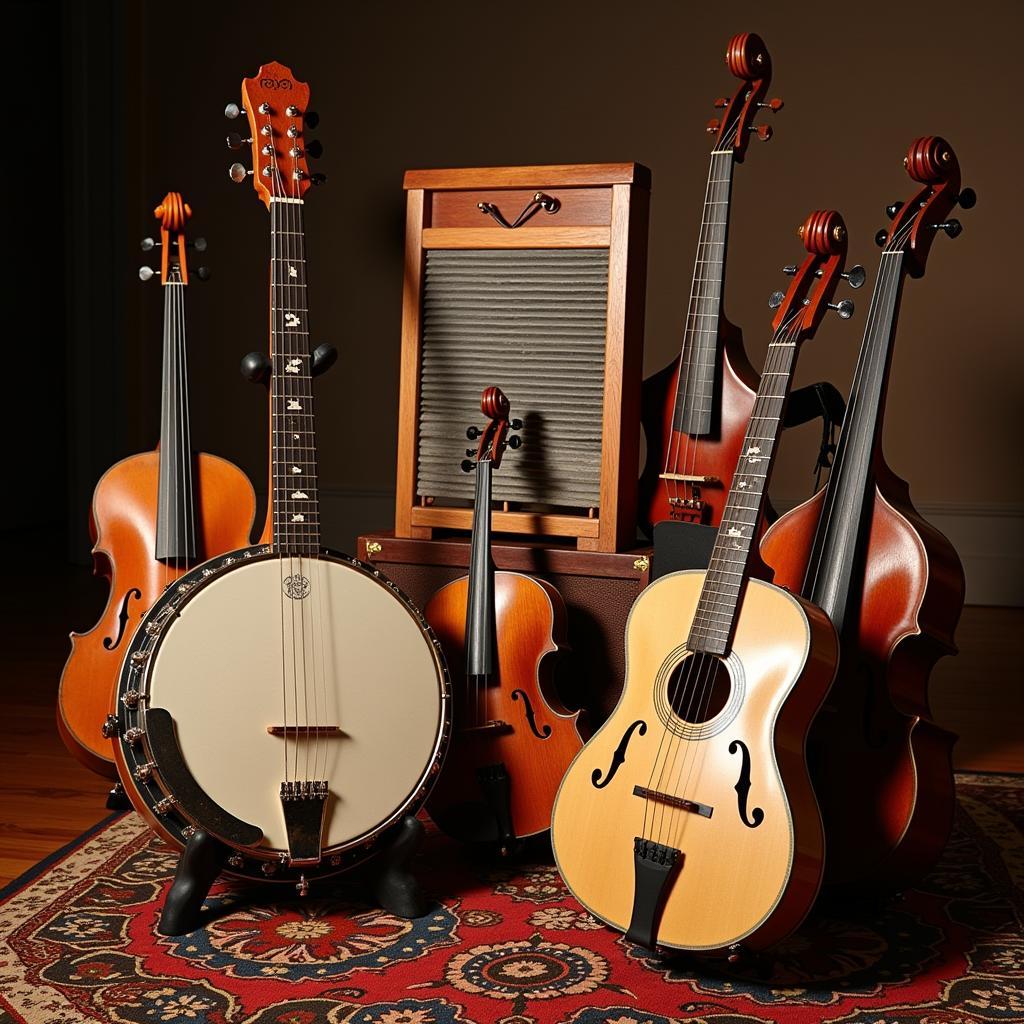Navigating the World of African Art Collectors
African art has captivated collectors for centuries, drawn to its diverse styles, powerful symbolism, and rich cultural heritage. African Art Collectors play a vital role in preserving these artistic traditions while also navigating a complex market. Whether you are a seasoned collector or just starting to explore, understanding the intricacies of African art, its historical context, and the evolving marketplace is essential.
The Allure of African Art: A Collector’s Perspective
What drives individuals to collect African art? For many, it’s a deep appreciation for the craftsmanship, the stories embedded within each piece, and the connection to a rich cultural tapestry. African art is not merely decorative; it’s imbued with meaning, serving ceremonial, ritualistic, and social purposes. Collectors often find themselves drawn to specific regions, artists, or styles, building collections that reflect their personal interests and passions.
From Ancient Artifacts to Contemporary Creations: Exploring Different Types of African Art
African art encompasses a vast spectrum of forms and styles, each telling a unique story. Some collectors focus on ancient artifacts, such as Nok terracotta sculptures from Nigeria or the intricate bronze castings of the Benin Empire. Others may be drawn to traditional masks, textiles, or beadwork, appreciating the intricate details and cultural significance. Contemporary African art is also gaining global recognition, with artists exploring new mediums and addressing contemporary themes while still drawing inspiration from their heritage.
Building a Meaningful Collection: Essential Tips for African Art Collectors
Understanding Authenticity and Provenance
One of the most critical aspects of collecting African art is ensuring authenticity and provenance. Due to the age of many pieces and the complexities of the art market, it’s crucial to purchase from reputable sources. Reputable dealers and auction houses can provide documentation and expert opinions to verify the age, origin, and cultural significance of a piece.
Ethical Considerations for African Art Collectors
As stewards of cultural heritage, collectors have a responsibility to ensure their acquisitions are ethically sourced. It’s essential to be aware of the provenance of a piece and avoid purchasing objects that may have been illegally excavated or exported. Supporting organizations involved in the preservation and repatriation of African cultural heritage is another crucial aspect of ethical collecting.
Connecting with the African Art Community
african art activities for preschoolers
Engaging with the broader African art community can enrich the collecting experience. Visiting museums and galleries, attending art fairs and auctions, and connecting with other collectors and experts provide valuable insights and foster a deeper appreciation for this dynamic field.
Conclusion
Collecting African art is a journey of discovery, offering a window into diverse cultures and artistic traditions spanning millennia. By approaching collecting with knowledge, respect, and a commitment to ethical practices, African art collectors contribute to the preservation of this invaluable heritage for future generations.
FAQ
What are the most sought-after types of African art among collectors?
Traditional masks, sculptures, textiles, and contemporary art are all highly sought-after by collectors.
How can I determine the value of a piece of African art?
Consulting with reputable appraisers, researching comparable sales, and considering factors like age, rarity, and cultural significance can help determine value.
Are there any legal restrictions on collecting African art?
Yes, it’s essential to be aware of laws regarding the import and export of cultural property. Consult with relevant authorities for specific regulations.
What are some reputable resources for learning more about African art?
Museums, university art history departments, reputable art publications, and organizations dedicated to African art are excellent resources.
How can I support the preservation of African art and culture?
Supporting museums, cultural institutions, and organizations involved in conservation and repatriation efforts is crucial for preserving African art and culture.
Need Help? Contact Us
For any assistance or inquiries related to African art, our team is here to help.
- Phone: +255768904061
- Email: kaka.mag@gmail.com
- Address: Mbarali DC Mawindi, Kangaga, Tanzania
We offer 24/7 customer support.

